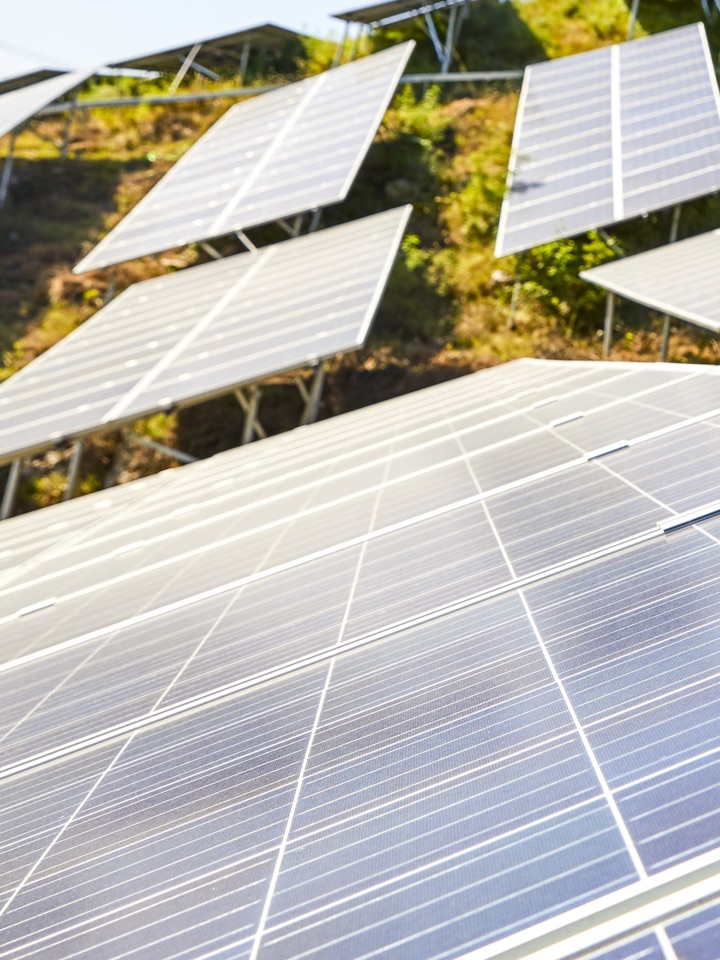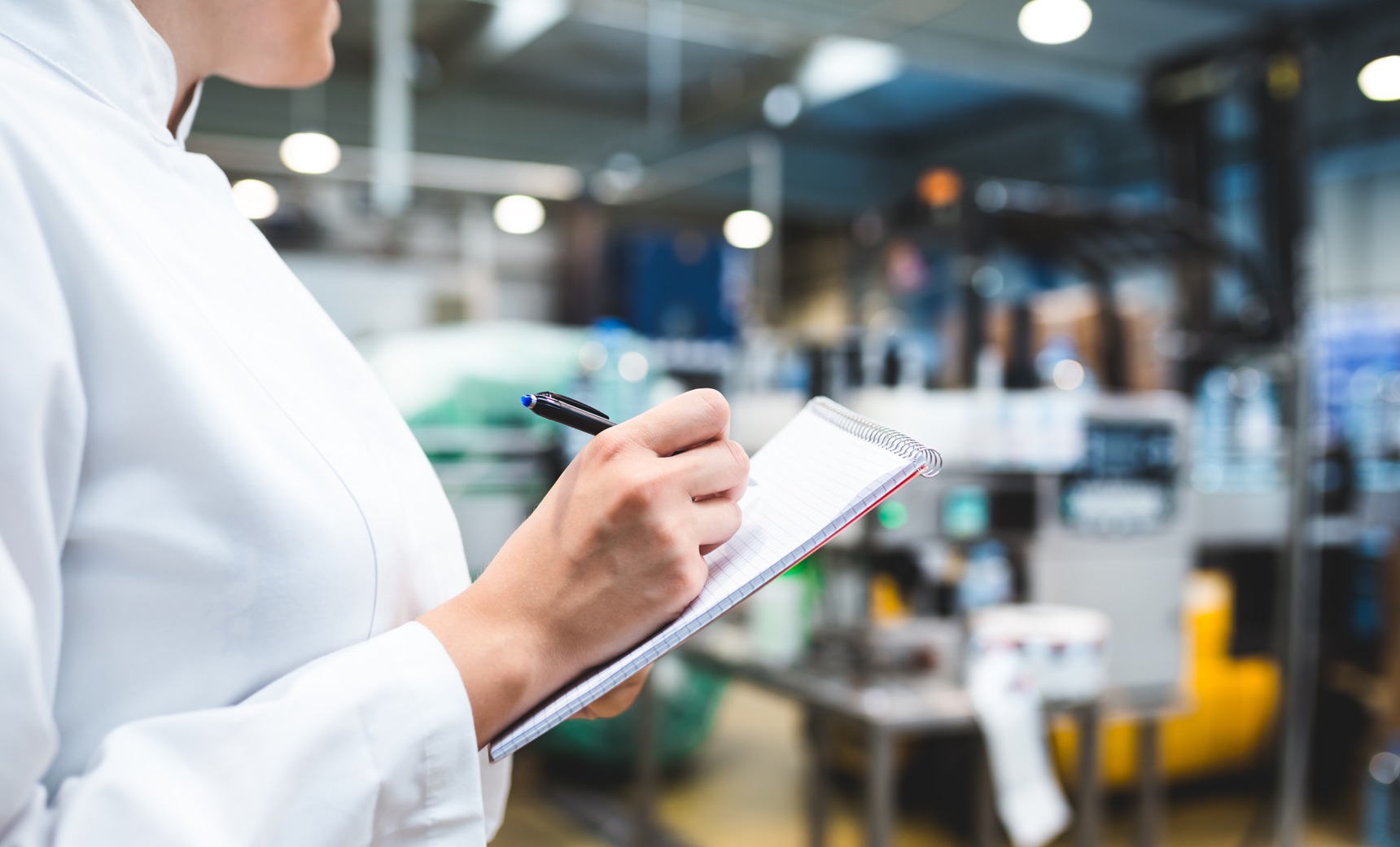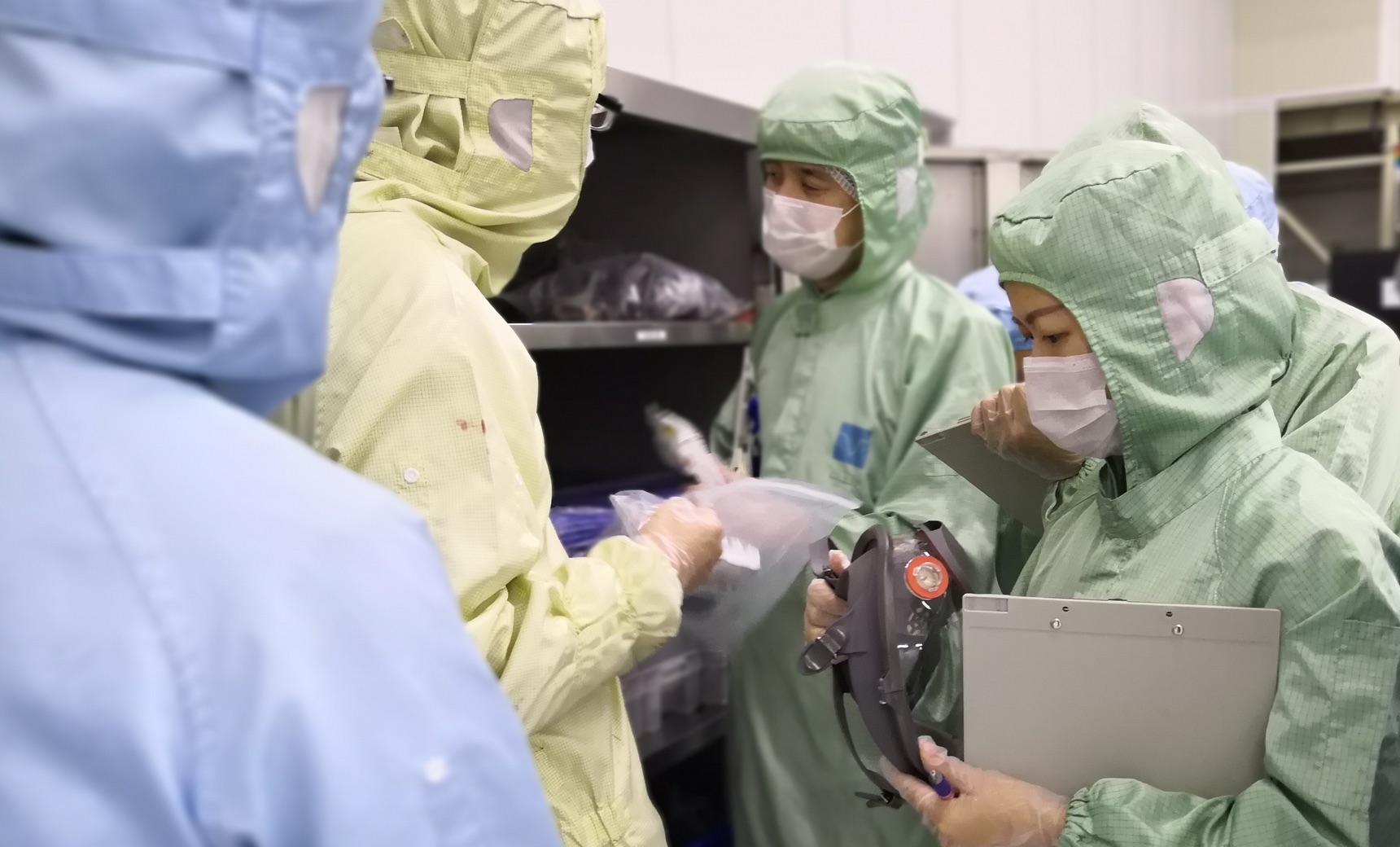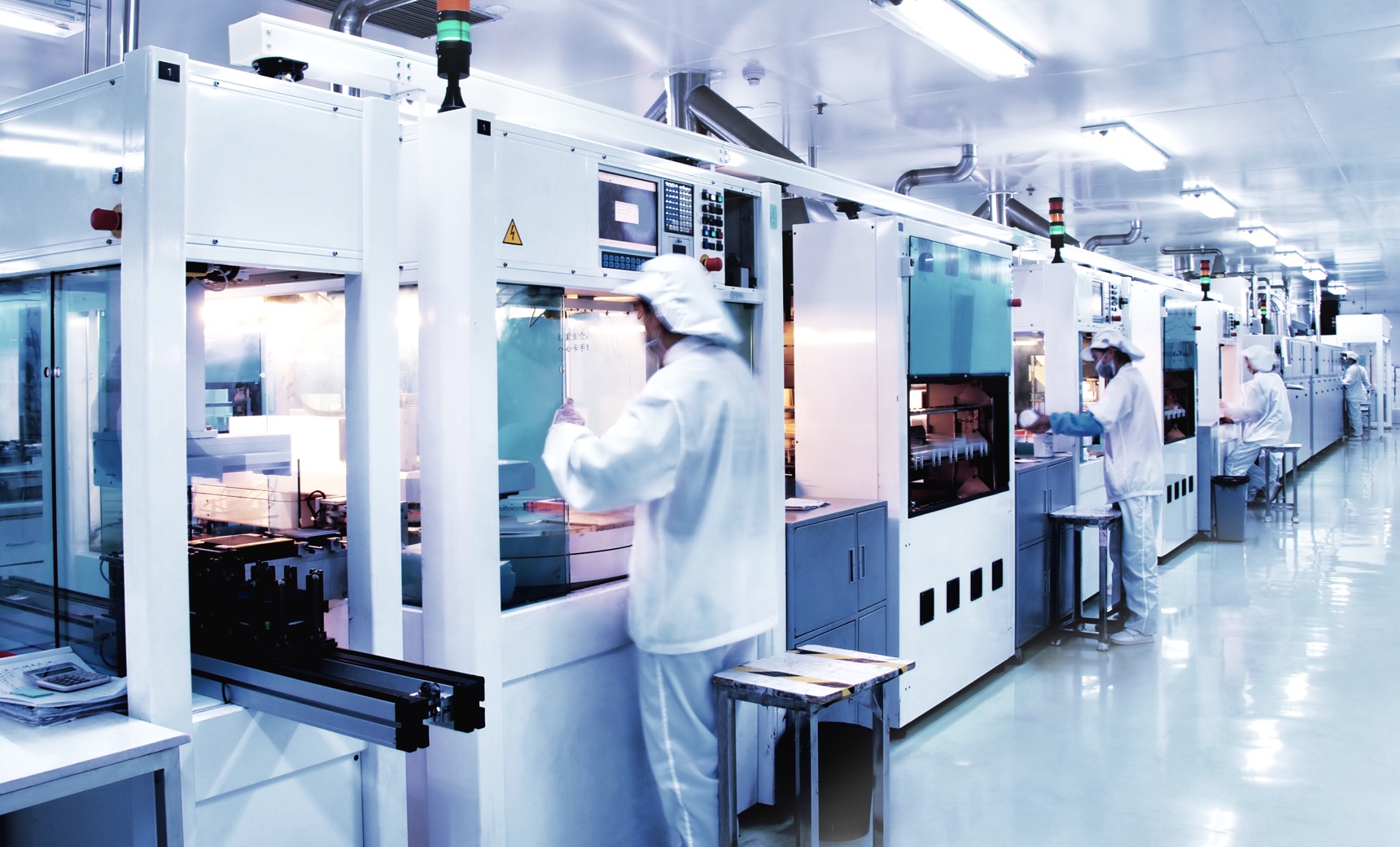People are the source of value at Huawei. Their health, safety, and well-being are of the utmost importance to us – not just the people who work at Huawei, but who work with us across the entire supply chain. We abide by a strict set of standards for suppliers, with indicators for labor, health, safety, working environment, and business ethics, to actively appraise their compliance and manage our relationship accordingly.
Comprehensive onsite assessment
Huawei Consumer Business Group invites independent audit firms to conduct CSR assessment for suppliers. The assessment is based on the Huawei Supplier Social Responsibility Code of Conduct, covering labor, health and safety, environment, business ethics, management systems and other aspects.
Comprehensive onsite assessment
Huawei Consumer Business Group invites independent audit firms to conduct CSR assessment for suppliers. The assessment is based on the Huawei Supplier Social Responsibility Code of Conduct, covering labor, health and safety, environment, business ethics, management system and other aspects. We not only review tier-1 suppliers, but also review tier-2 suppliers that extend to upstream.
For issues found during onsite audit, we guide suppliers to identify the root causes and take corrective and preventive measures.
More Safety,
more healthy,
more Green
In addition to the CSR audit, we invite professional organizations to conduct special assessment of suppliers' environmental protection, fire safety, and occupational health.
More Safety,
more healthy,
more Green
In addition to the CSR audit, we invite professional organizations to conduct special assessment on the environmental protection, fire fighting, and occupational health of suppliers. Senior experts in the industry are invited to take the lead in identifying improvement opportunities, providing guidance to suppliers on corrective and preventive measures.
Through these special assessment projects, suppliers fully identify potential risks, improve internal management mechanisms, develop a professional management team, and greatly improve their professional management capabilities in the fields of environmental protection, fire safety, and occupational health.
Supplier self-assessment
Huawei encourages the self-management of all suppliers, we ask suppliers to conduct a self-assessment.
Supplier performance assessment
Huawei CBG conducts a comprehensive evaluation of the suppliers' CSR performance, on-site audit results, and improvement over the past year, and the evaluation results are included as part of the supplier's comprehensive performance evaluation results.
Supplier performance assessment
Huawei CBG conducts annual supplier sustainability performance review, which is a comprehensive assessment of suppliers' CSR performance, on-site audit results, and improvement in the past year. The assessment results are part of the comprehensive supplier performance evaluation results, accounting for 10%-15%. Performance evaluation results directly affect the commercial cooperation between suppliers and Huawei, and are used in the supplier selection and category supplier portfolio management of new projects. Suppliers with good performance results have more opportunities for business cooperation. For suppliers with poor performance, it is required to make remediation within a specified period, reduce the procurement share or business cooperation opportunities, or even cancel the cooperation relationship.
Develop supplier CSR leadership
Huawei CBG invites senior executives of suppliers to participate in Huawei Consumer BG Supplier Quality Conference periodically to improve the CSR awareness of suppliers and promote the CSR leadership of suppliers' executives.
For high-risk suppliers, Huawei requires the top management to pay close attention and make a specific work report on CSR improvement.
Development together
Huawei CBG routinely conducts supplier CSR training and coaching to improve existing supplier CSR capabilities; for potential new suppliers, our CSR professionals will evaluate and coach suppliers to help them understand and meet Huawei CSR requirements.
Development together
For potential suppliers and newly introduced suppliers, Huawei CBG organizes CSR professionals to evaluate and coach suppliers to help them quickly understand and meet Huawei CSR requirements.
Huawei CBG routinely conducts supplier CSR training and coaching to guide suppliers to adopt industry best practices and incorporate sustainable development into business strategies, reduce business risks, and improve operational efficiency. Huawei CBG has also cooperated with professional organizations in implementing the supplier labor rights, environmental protection, fire safety, and occupational health improvement projects. Through these projects, suppliers fully identify potential risks, improve internal management mechanisms, develop a professional management team, and greatly improve their professional management capabilities in HR, environmental protection, fire safety, and occupational health.
Win-win
To help suppliers identify opportunities in strategic, commercial, technical, quality, project management, and CSR fields, thereby improving the overall performance and competitiveness of suppliers.
Win-win
To help Huawei CBG strategic suppliers achieve sustainable development, we launched a strategic supplier development project to help suppliers identify opportunities in strategic, commercial, technical, quality, project management, and CSR fields, thereby improving the overall performance and competitiveness of suppliers. In the CSR field, we identified many development opportunities, such as employee well-being, GHG, waste reduction, supplier management, and health and safety.
More sense of belonging, more harmonious
We are concerned about whether suppliers' employees, especially front-line workers are working and living in a healthy, safe, and dignified environment.
More sense of belonging, More harmonious
We are concerned about whether suppliers' employees, especially front-line workers are working and living in a healthy, safe, and dignified environment. Is there a good career path?
Feedback from suppliers: Thanks to the improvement in the past year, the turnover rate of suppliers decreased from 9.0% to 2.3%. The decrease in the turnover rate of the factory reduced the cost of recruitment and personnel training, the sense of belonging of the workers was stronger, and the overall operation efficiency of the factory was significantly improved, factories are therefore better able to develop sustainably.
Responsible material
sourcing
In 2011, we launched an investigation of the sources of tungsten, tin, tantalum, and gold (3TG); By 2013, we have traced 3TG to the smelter or refinery. The list of smelters or refineries is routinely investigated and updated every year.
Responsible material sourcing
In 2011, we started to investigate the sources of tungsten, tin, tantalum, and gold (3TG)in our products.
In 2013, we traced 3TG to the smelter or refinery. The list of smelters or refineries was routinely investigated. For unqualified smelters or refineries, which is not in the list released and updated by RMI,we asked the supplier to replace them until they are qualified.
In 2015, in order to further improve the management of responsible materials sourcing, we invited third-party professional institutions to review the responsible mineral management process and update the conflict mineral assessment and due diligence process based on the “OECD Due Diligence Guidance for Responsible supply Chains of Minerals from Conflict-Affected and High-Risk Areas".
In 2016,We started the management of responsible cobalt.
From 2017, we implemented the cobalt due diligence management based on the “Chinese Due Diligence Guidelines for Responsible Mineral Supply Chains” released by CCCMC and “OECD Due Diligence Guidance for Responsible supply Chains of Minerals from Conflict-Affected and High-Risk Areas". Third-party audit organizations were invited to perform due diligence management and review on cobalt supply chain factories, and we traced back to the list of cobalt smelters, a few of them were traced back to the upstream cobalt mines.
In 2019, we further improved the responsible mineral management, focusing on not only conflict and high-risk areas, but also human rights, environment, health, and security risks of the entire supply chain, which aligns with industry and multi-stakeholder inniatives.

















